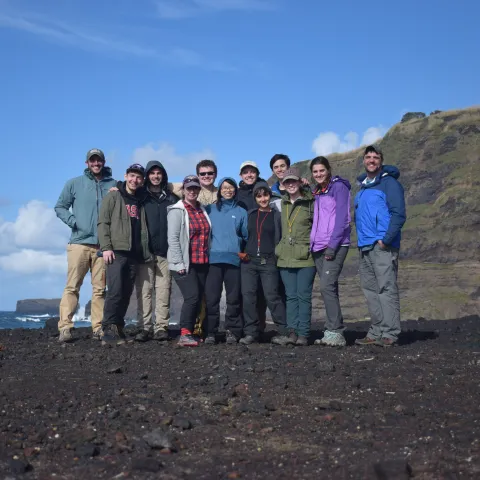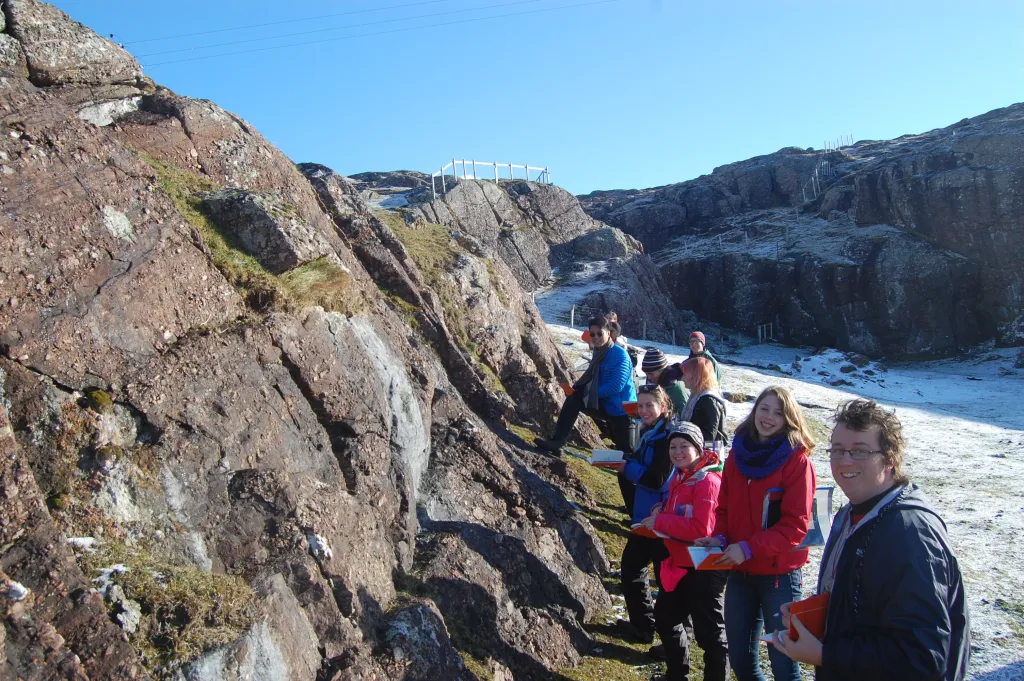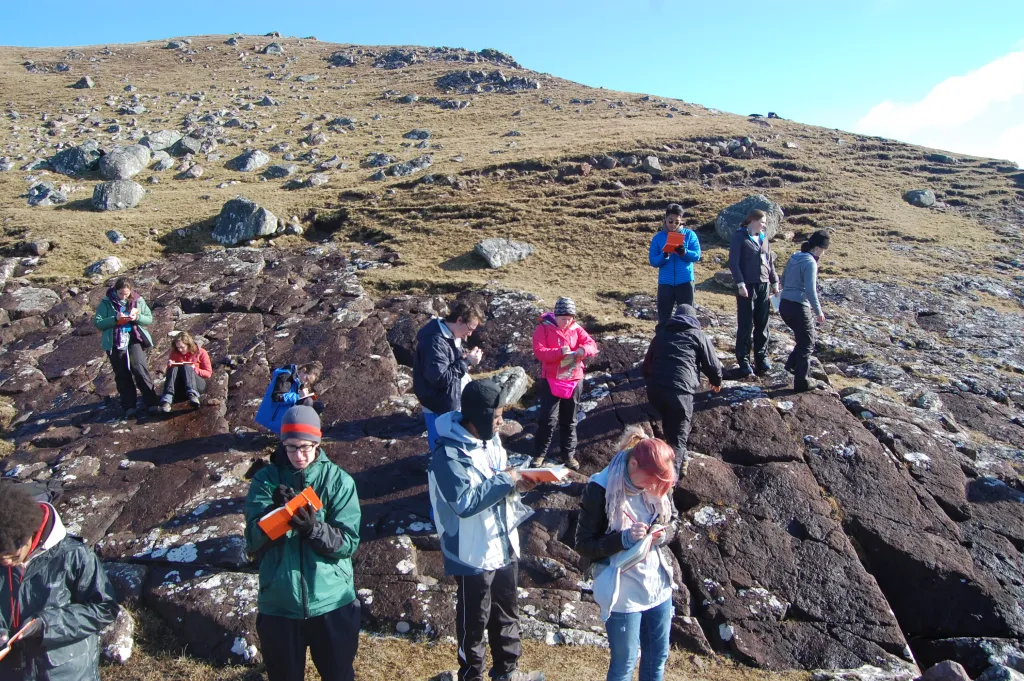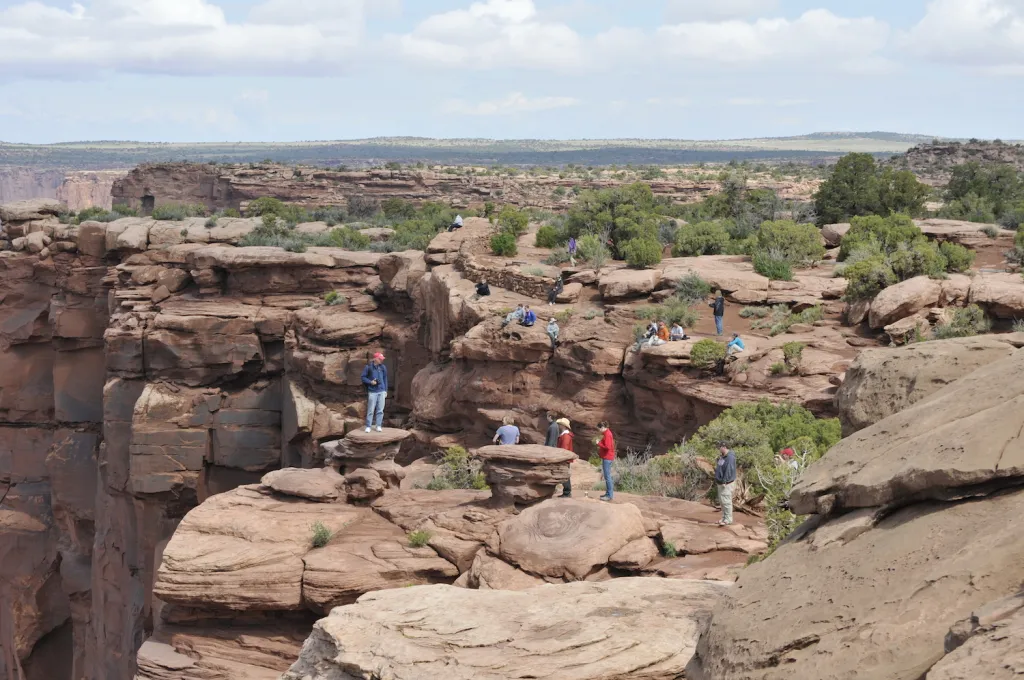Research Opportunities
Research is strongly encouraged as part of the undergraduate experience. It is a valuable opportunity to participate in cutting-edge studies and get a taste for what it means to contribute new knowledge to science. Research opportunities cover a wide range of topics, and may include field work or laboratory based research. Many undergraduates choose to complete senior theses as a capstone experience; some choose to do research throughout their four years at WashU. To get started, peruse our research page for a list of department labs and research groups. Most faculty have research opportunities for undergraduates in their lab, but you're invited to contact faculty with whom you've taken a course previously, and whose research you find exciting.
If you are interested in performing non-thesis research for credit, you have the option of signing up for EEPS 3900 Independent Study.
For rough guidance, here are some typical expectations:
Independent Study Experiences
- 0.5 hours per week of one-on-one instruction plus a body of written work of at least 2500 words (or equivalent project work) for one unit.
- 1.0 hours per week + 3750 words (or equivalent) for 2 units.
- 1.5 hours per week + 5000 words (or equivalent) for 3 units.
Guided Research Experiences
- Minimum two to three hours per week during standard semester is required for 1 unit.
- Additional reading outside of research time expected.









